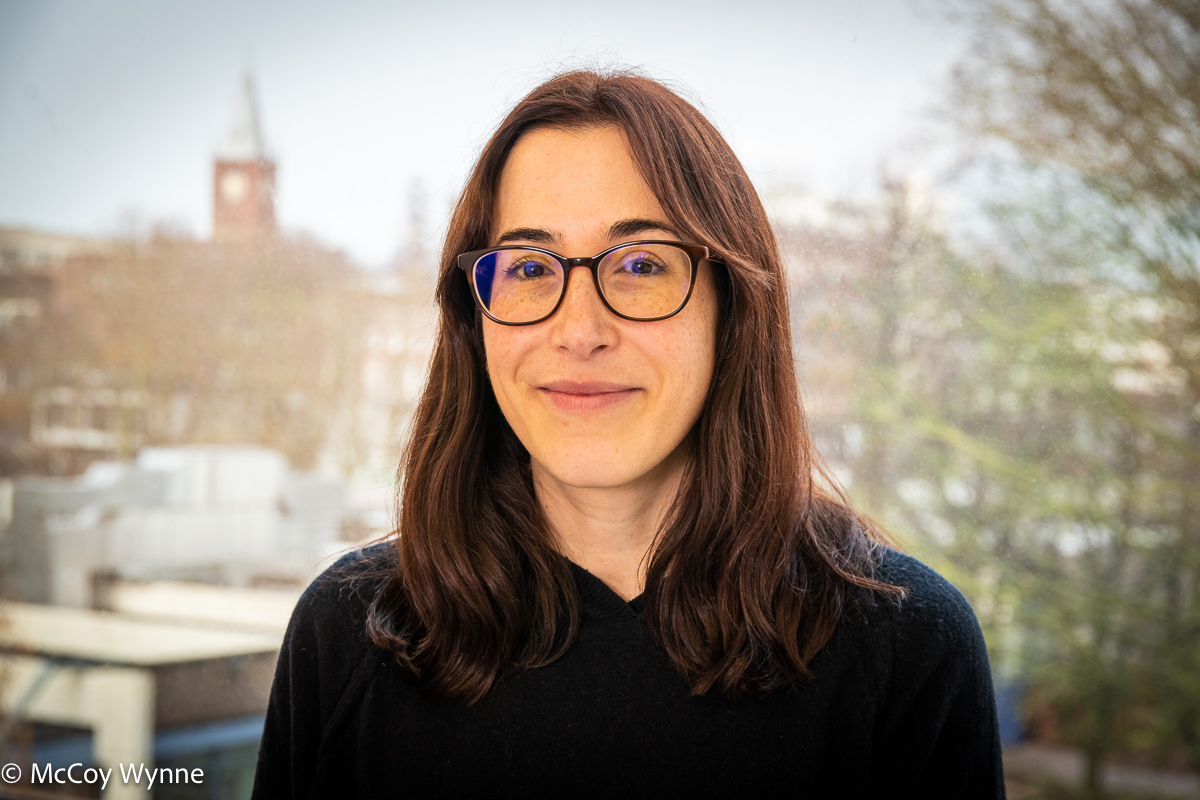
Dr Eva Vilella-Figueras
UKRI Research Fellow Physics
- Work email E.Vilella-Figueras@liverpool.ac.uk
About
Personal Statement
I have successfully established and lead the Liverpool R&D programme on High Voltage CMOS sensors (comprising postdocs, engineers and students), which focusses on generic R&D to extend the specification limits of these sensors (pixel size, time resolution and radiation tolerance), pursuing their deployment in future challenging physics experiments and increasing their technology readiness level for commercial applications beyond physics. I regularly submit proposals to secure funding to enable future R&D and support my staff [examples of successful applications as PI are UKRI Future Leaders Fellowship, £1,46M, 2019-23, its Renewal, £733k, 2024-26, and European Commission AIDAinnova, 34kEUR, 2021-25]. I have led and lead key aspects of two major international collaborations, CERN-RD50 and LHCb, and I have facilitated the creation of the new large DRD3 collaboration. I initiated and led the CERN-RD50 CMOS Working Group (2017-23), which has conducted generic R&D aligned with my Liverpool programme. I am one of the original proposers of the LHCb Mighty Tracker upgrade, which proposes to use High Voltage CMOS sensors to meet the anticipated performance requirements. I co-coordinate the collaborative effort that is performing the High Voltage CMOS R&D for the Mighty Tracker globally and in the UK, and the Liverpool effort preparing for this project. I am conducting original research work, towards a new experiment to make an improved measurement of the proton Electric Dipole Moment, to develop a novel beam polarimeter approach that takes advantage of High Voltage CMOS sensors for accurate precision. I am very keen on exploiting my research commercially, and I have formed a formal partnership with a leading specialised manufacturer, LFoundry S.r.l. I have published numerous articles in relevant journals and filed patents to protect my research.
I serve as a panel member of the Early Stage Research and Development Scheme from STFC. I am the postdocs and research fellows representative for the Department of Physics Management Committee. I am a member of the Liverpool Women in Science and Engineering (LivWiSE) initiative and I often engage in outreach activities to attract more women into STEM.
I did my PhD degree in Engineering and Advanced Technologies (University of Barcelona, 2013) on the development of an avalanche photodiode detector prototype in High Voltage CMOS processes for possible linear colliders, such as ILC and CLIC. In 2014, I became a postdoc at the University of Liverpool where I joined a new research effort to develop High Voltage CMOS sensors for the ATLAS Phase-II Upgrade, Mu3e Phase-I build and generic R&D.